4 Key Issues To Consider If You Are Planning For A 2nd Property
April 11, 2021
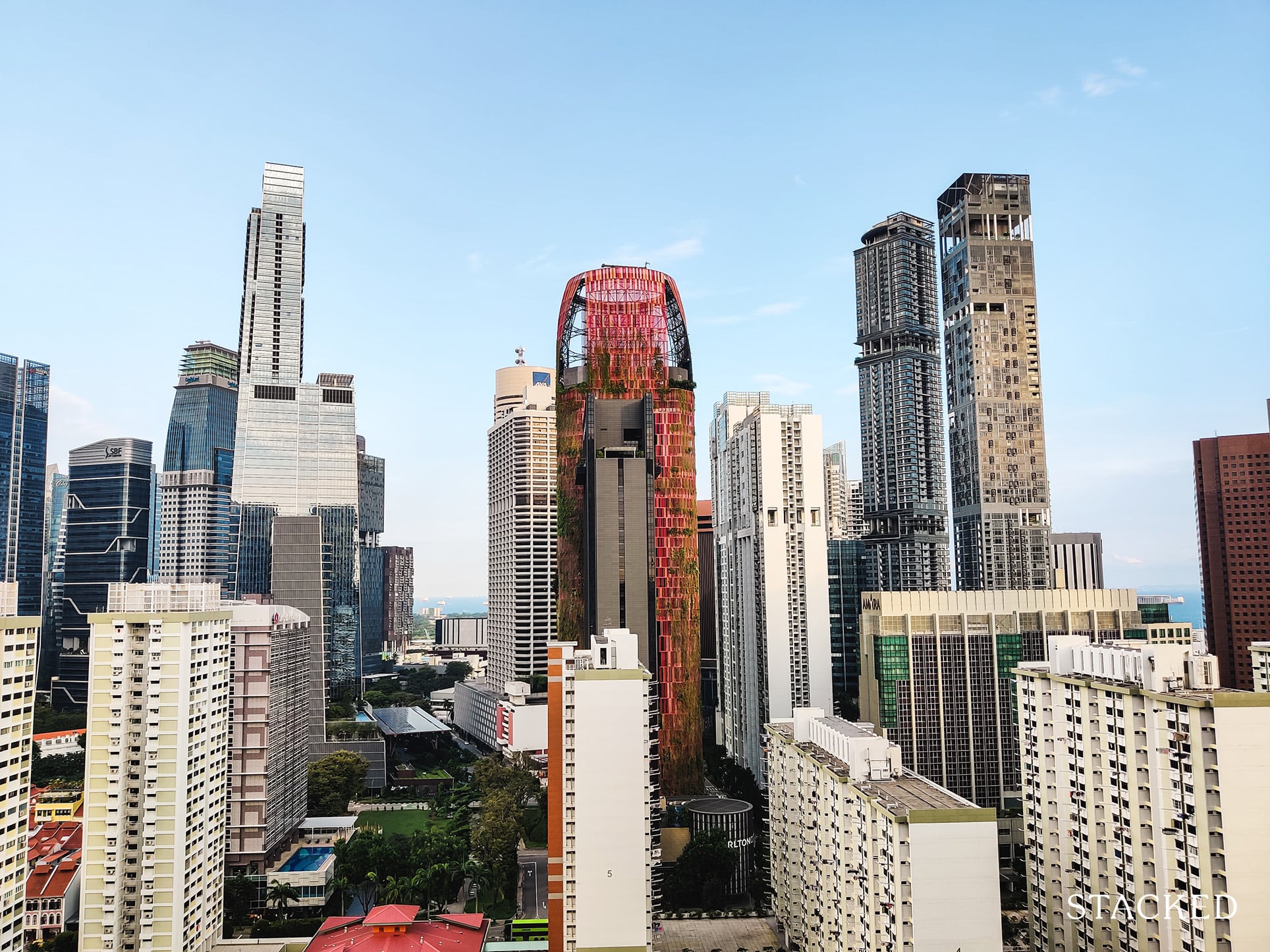
While the term “asset progression” is used loosely these days, one thing should be clear: there’s a huge difference between planning to sell and upgrade (e.g., moving from a flat to a condo), versus actually wanting to own multiple properties. Wanting to own a second home is a bigger aspiration, that will require deeper pockets and more in-depth planning. In light of that, here are the key considerations to have even when buying your first home:
So many readers write in because they're unsure what to do next, and don't know who to trust.
If this sounds familiar, we offer structured 1-to-1 consultations where we walk through your finances, goals, and market options objectively.
No obligation. Just clarity.
Learn more here.
What should you consider if you want to own a second home later?
Apart from your personal finances (more on this below), the following are important details:
- Starting with a flat, versus an EC or condo
- Joint tenancy versus tenancy-in-common
- Deciding on the primary residence
- Financing issues
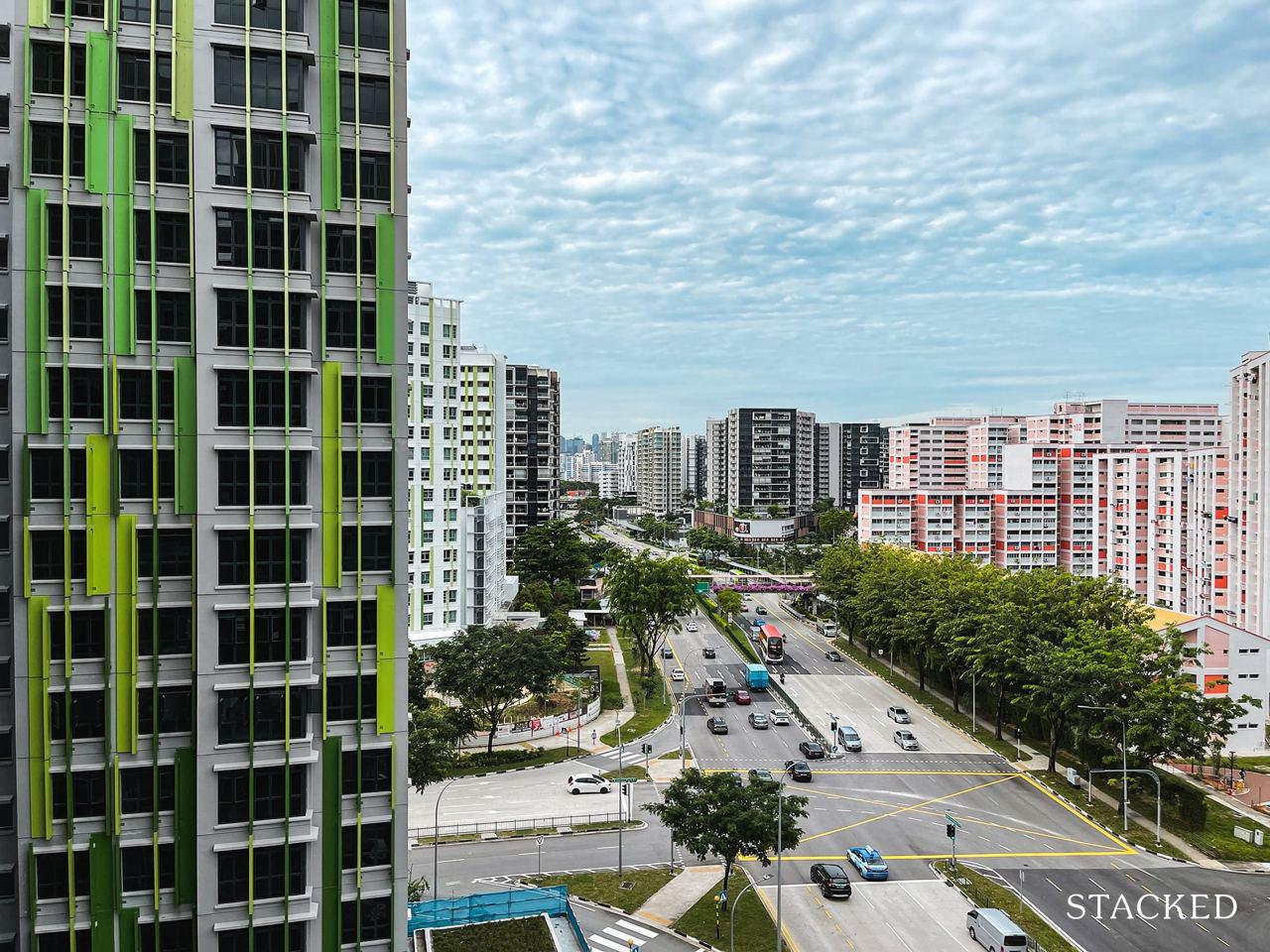
1. Starting with a flat, versus an EC or condo
One key concern is that you cannot “decouple” if you own an HDB flat, barring special circumstances like divorce. This means you cannot transfer your ownership to your co-owner, freeing you to buy a second property without ABSD (see point 2 below).
Besides your willingness to pay the ABSD, you need to consider the impact of the five-year Minimum Occupation Period (MOP). You must wait out the MOP before you can purchase a second residential property; otherwise you’ll have to dispose of your flat.
Also, you cannot buy an HDB flat later, if you already own a private property. In a nutshell:
You can own an HDB flat and then buy a second private home later; but you cannot do it the other way around.
The second consideration is that the MOP is calculated from the time of key collection. This means that, if you buy a BTO flat that takes four years to build, you will have to wait nine years before you can buy a second residential property. As such, investors aspiring to own multiple properties tend to prefer resale flats over new ones.
However, we’d add that if you need longer to save up enough for a second property anyway, a BTO flat may not be a bad idea. It’s cheaper than a resale flat and boosts your available capital.
The third consideration is unique to Executive Condominiums (ECs). Only the first batch of EC buyers are subject to the MOP. This means that, if you buy a resale EC (even if it’s not yet privatised), you don’t need to wait out the MOP before getting a second property.
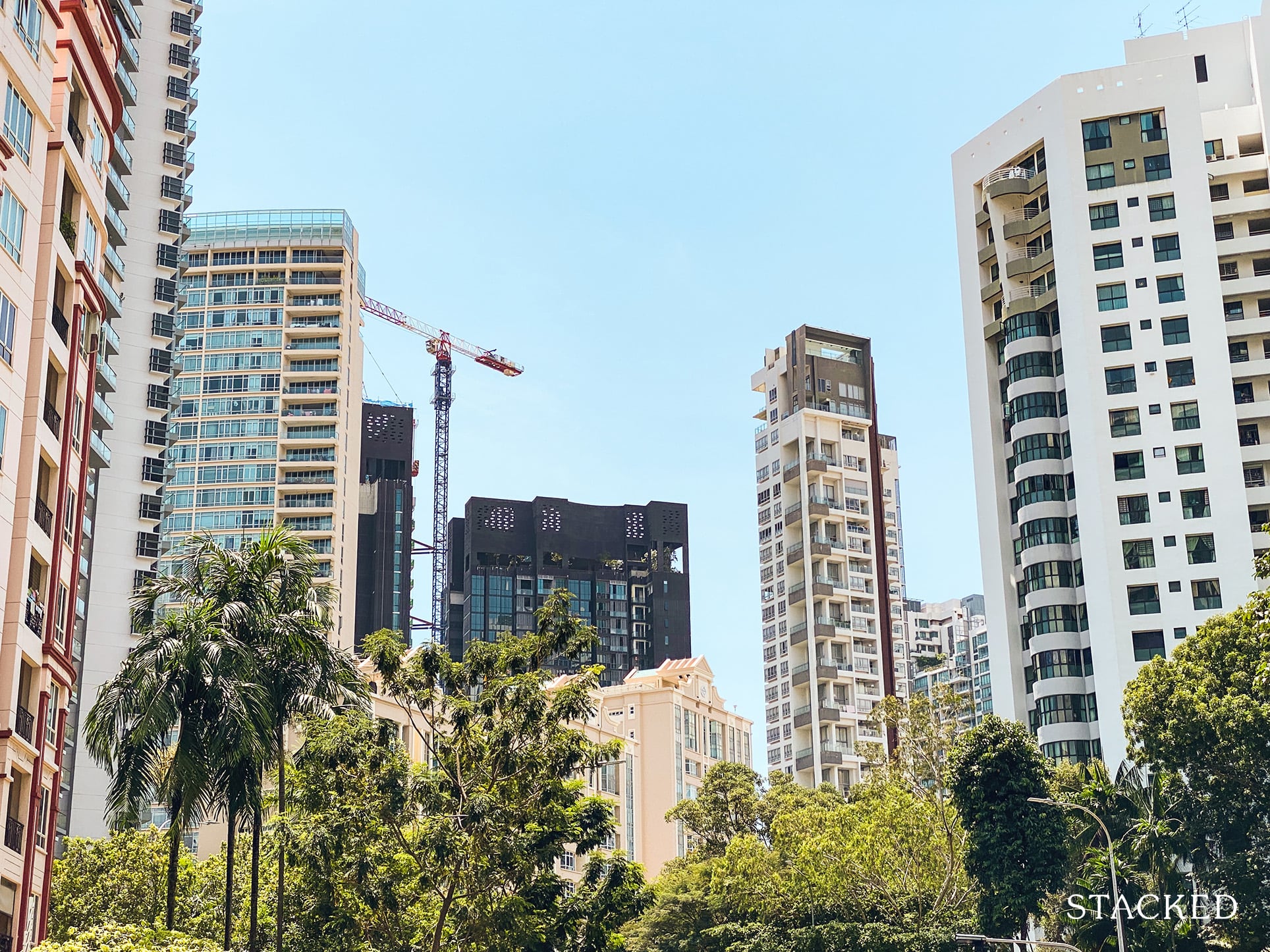
2. Joint tenancy versus tenancy-in-common
Under a joint tenancy, you and your co-owners are effectively treated as a single entity. This is the norm among most homeowners, but those aspiring to own a second home may not prefer it.
The reason is the Additional Buyers Stamp Duty (ABSD), which applies to a second property. For example:
Say you and your spouse have joint tenancy of your current home. Later, you try to buy a second property. If you’re both Singapore Citizens, this would incur an ABSD rate of 12 per cent of the purchase price or valuation (whichever is higher).
If one of you is a Permanent Resident or foreigner, the ABSD rate would be 15 per cent or 20 per cent respectively. This is because the highest ABSD rate is always the one that applies.
As such, buyers aiming to own a second home may want to use tenancy-in-common to avoid this. Under this form of holding, there’s a clear division of shares, such as half/half ownership, or 99 -1 (that is, 99 per cent and 1 per cent).
For example:
Say you own one per cent of the property, and your spouse owns 99 per cent. When it comes time to buy a second property, you transfer your one per cent to your spouse. You now own zero properties, and can purchase another residential unit without incurring ABSD. Your spouse owns one home and you own the other.
Do keep in mind, however, that this is only an option for private property owners (see point 1).
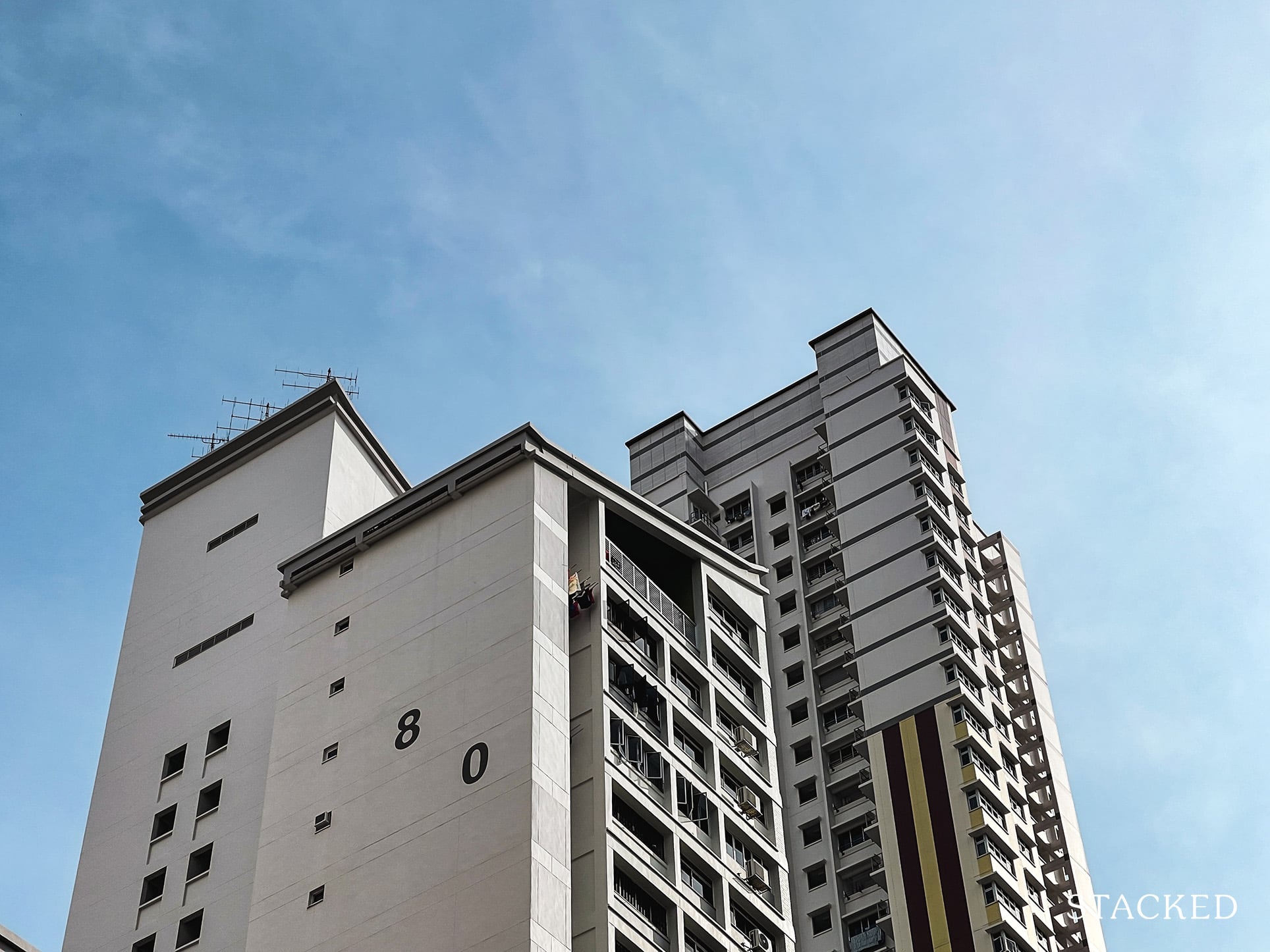
Property AdviceInvesting In A Property With A Friend/Family? Here’s How To Choose Between Joint Tenancy And Tenancy-in-common
by Ryan J. OngWhy 99-1 and not half/half?
The Buyers Stamp Duty (BSD) applies when you transfer your property to your co-owner.
So if the property is $1.5 million, and you transfer 50 per cent of it, you would pay BSD on $750,000, which comes to $17,100.
If you pay the BSD on just the one per cent being transferred ($15,000), the BSD is $150.
(For information on how the BSD is derived, see our guide on taxes and stamp duty rates).
A related query is whether you can transfer your share of the property as a gift, thus avoiding BSD. The answer is yes, but the property must be unencumbered. This means the property must be fully paid off, as well as meeting some other conditions; a conveyancing lawyer has to be consulted on the specific situation.
While 99-1 holding can be helpful to buying a second property, be aware there are legal ramifications outside of investment issues
For example, a 99-1 ownership means the other co-owner has a right to sell their share to someone else. It can also create complications in a divorce, such as if the split is 99-1, but the person holding one per cent was paying most or all of the costs.
As we’re not able to dispense legal advice, we suggest you talk to a qualified lawyer on the potential ramifications first.
Also note that you can start with a joint tenancy, and then change it to tenancy-in-common later; although this incurs legal costs.
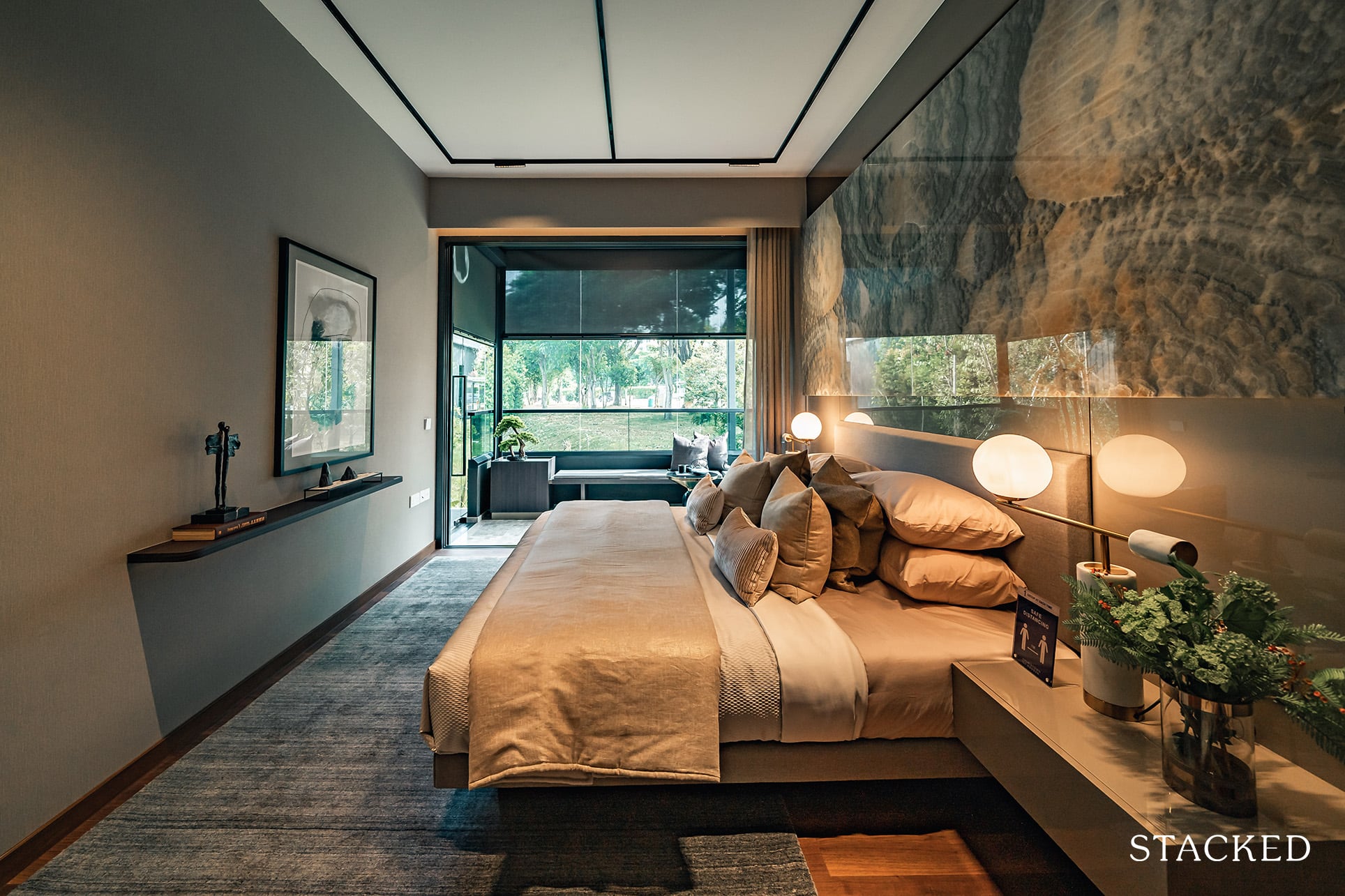
3. Deciding on the primary residence
We suggest you work out, early on, which of the properties will be your actual home. This can lead to more prudent financial decisions.
For example, if you decide that your existing home will be rented out while you move to live elsewhere, then perhaps you want to trim the renovation budget. You can also work out where the second property sits in your overall portfolio (e.g. deciding whether to rent out your shoebox unit while staying in your bigger unit, or vice versa, which affects how much rental income you generate).
This also allows you to strategise when picking the first property. If the first unit is meant to be rented out, for instance, you may want to choose somewhere close to an MRT or office hub; even if you don’t like living near dense urban areas or drive (pick with future tenants in mind).
Conversely, if it’s your second property that will be rented out, then your first unit should be about your own comfort; not rentability.
4. Financing issues
The Loan To Value (LTV) ratio explains how much of the property can be financed. Under normal circumstances, this is capped at 75 per cent. However, the LTV will be lower if you have an outstanding mortgage.
As of 2021, the cap falls to 45 per cent if you have one outstanding mortgage. In addition, the minimum cash down payment will be raised to 25 per cent. If you have two or more outstanding property loans, the cap falls to 35 per cent.
Lenders are not permitted to give you a loan to cover the down payment, so you should prepare for this appropriately.
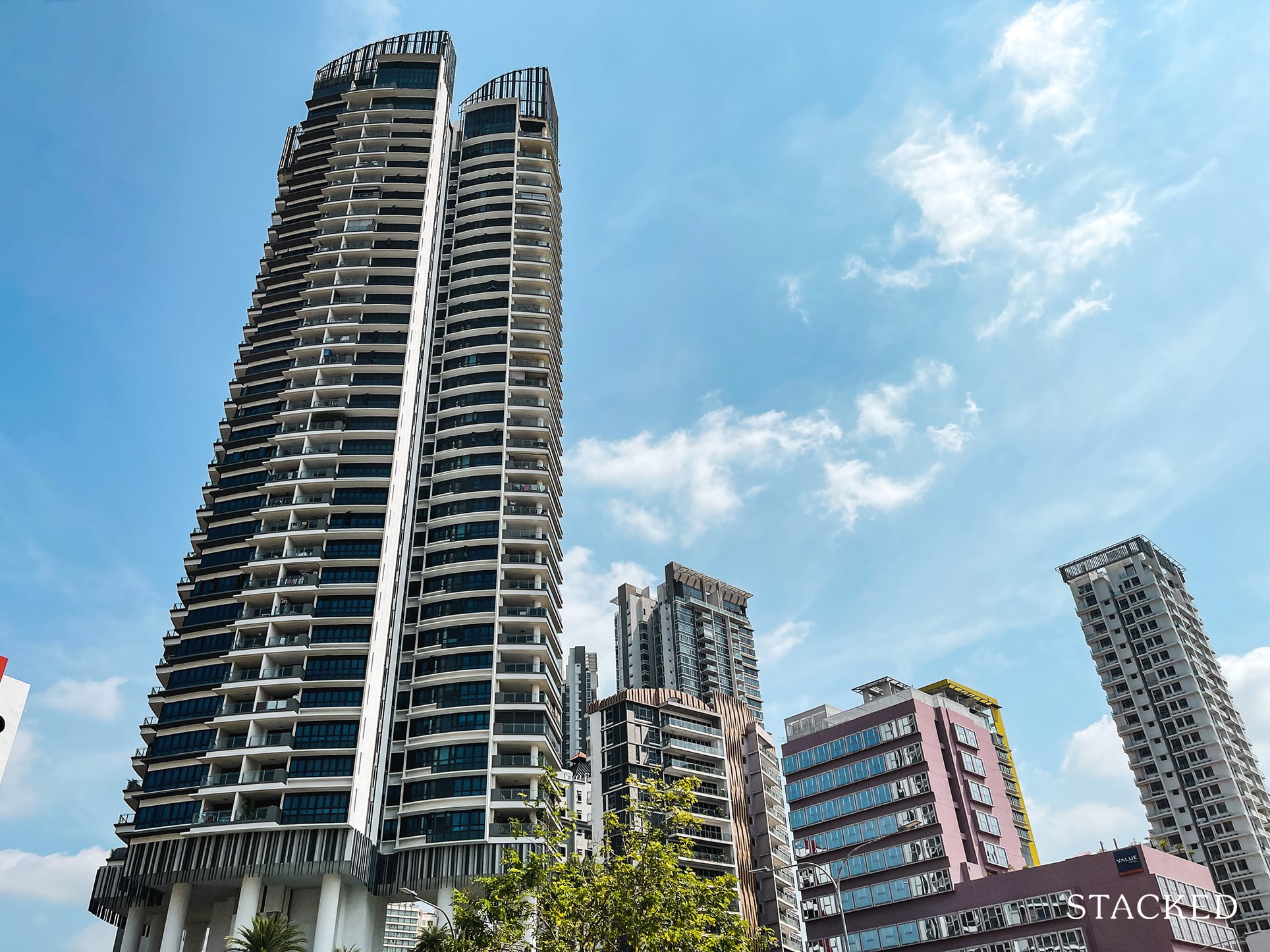
For bigger aspirations like owning multiple homes, it’s always best to get advice tailored to your situation.
Owning a second property entails a degree of risk, which varies based on your personal financial situation. It may not be right for everyone. In addition, it’s important to get a reasonable estimate of returns, cash flow, etc. before committing. Do drop us a message about your concerns, and we can provide advice more specific to you.
In the meantime, you can follow us on Stacked for in-depth reviews of new and resale properties alike.
At Stacked, we like to look beyond the headlines and surface-level numbers, and focus on how things play out in the real world.
If you’d like to discuss how this applies to your own circumstances, you can reach out for a one-to-one consultation here.
And if you simply have a question or want to share a thought, feel free to write to us at stories@stackedhomes.com — we read every message.
Ryan J. Ong
A seasoned content strategist with over 17 years in the real estate and financial journalism sectors, Ryan has built a reputation for transforming complex industry jargon into accessible knowledge. With a track record of writing and editing for leading financial platforms and publications, Ryan's expertise has been recognised across various media outlets. His role as a former content editor for 99.co and a co-host for CNA 938's Open House programme underscores his commitment to providing valuable insights into the property market.Need help with a property decision?
Speak to our team →Read next from Property Advice

Property Advice We Sold Our EC And Have $2.6M For Our Next Home: Should We Buy A New Condo Or Resale?

Property Advice We Can Buy Two HDBs Today — Is Waiting For An EC A Mistake?

Property Advice I’m 55, Have No Income, And Own A Fully Paid HDB Flat—Can I Still Buy Another One Before Selling?

Property Advice We’re Upgrading From A 5-Room HDB On A Single Income At 43 — Which Condo Is Safer?
Latest Posts

Property Investment Insights This 55-Acre English Estate Owned By A Rolling Stones Legend Is On Sale — For Less Than You Might Expect

Singapore Property News I’m Retired And Own A Freehold Condo — Should I Downgrade To An HDB Flat?

New Launch Condo Reviews What $1.8M Buys You In Phuket Today — Inside A New Beachfront Development





































0 Comments